













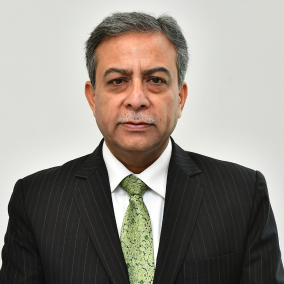
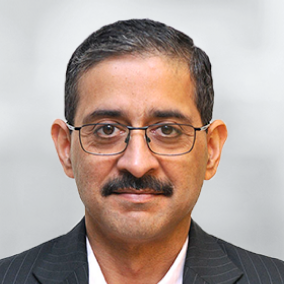
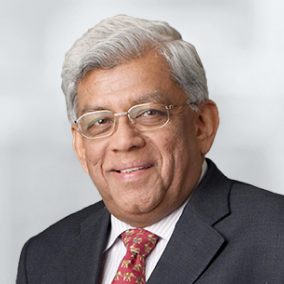

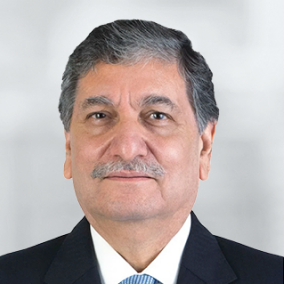


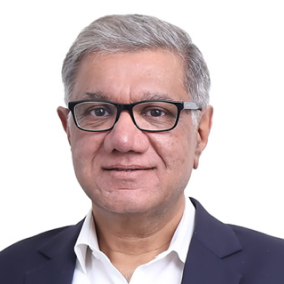
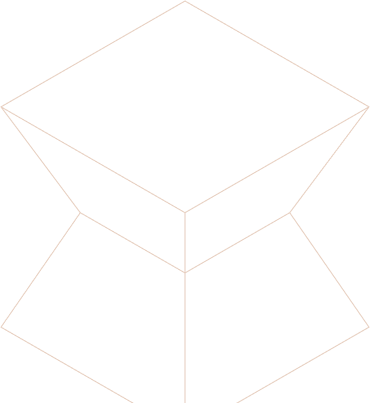
At NIIF, we are committed to advancing women’s empowerment within our organisation and across our portfolio. We actively seek to promote gender balance and create opportunities for women to thrive in the workforce. As responsible investors, we work closely with our portfolio companies to help them adopt, implement, and continuously enhance policies that support women’s professional growth and leadership, ensuring long-term impact beyond our investment horizon.


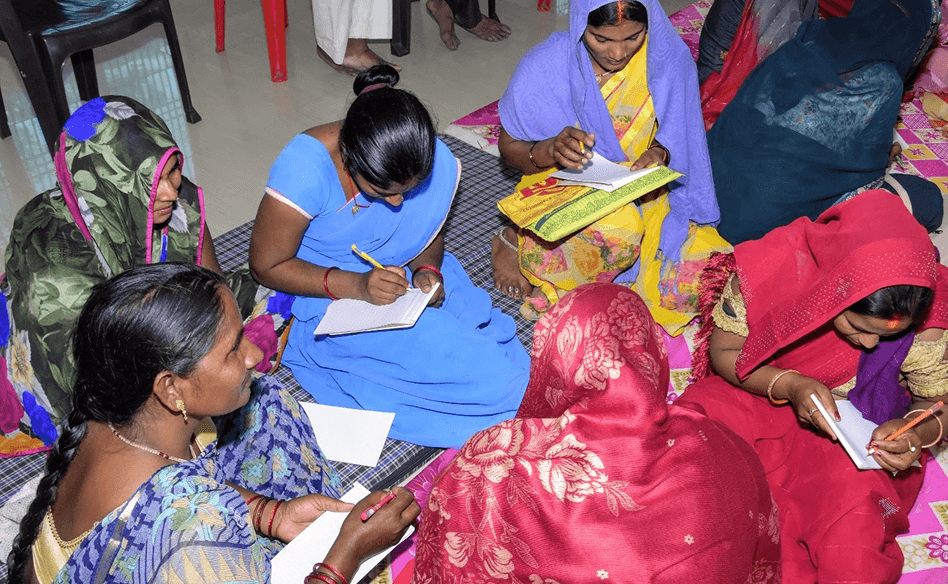
Unsold produce on farms poses a challenge from both an emissions and waste management perspective. Left unaddressed, this unused produce can generate methane—a potent greenhouse gas—while also attracting pests and disease. Project Ravikiran empowers rural women by equipping them with technology, training, and forward market linkages for dried fruits and vegetables.
As part of this project, women receive zero-energy solar dryers at no cost to dry farm unused produce and unsold fruits and vegetables. They are also trained free of charge to operate and maintain this equipment with minimal external support. The project strengthens community development by providing previously unemployed women with a sustainable, long-term income source, enhancing their status and influence within their communities. It also promotes environmental sustainability by encouraging alternative uses for fruits and vegetables, thereby reducing waste.
Pilots for Project Ravikiran are underway in Qazigund, Jammu and Kashmir, and Dichpally, Telangana. NIIF funds 100% of the capital and operating costs in the first year. From the second year, operating expenses are covered by project revenue. A portion of the profits is allocated to bank deposits, ensuring funds for operating costs beyond the fifth year, when the assets are transferred to the women’s self-help group, securing their livelihoods over the long term.
In early 2023, NIIF launched a women’s cohort initiative called “EKIKA” (meaning an “independent strong woman” in Sanskrit) to promote gender equity and women’s well-being at the workplace.
EKIKA has three primary objectives:

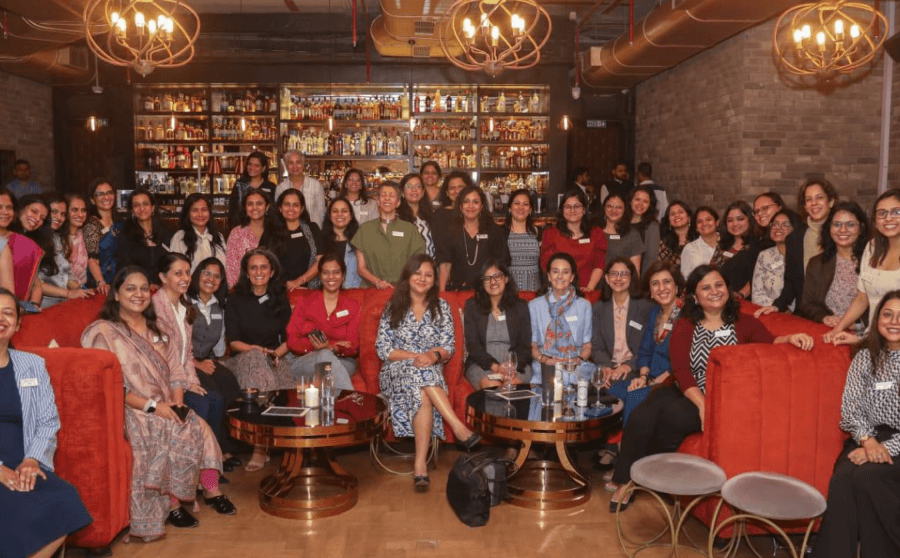
Sualkuchi village, in Assam’s Kamrup district, is recognised as the world's largest weaving village and often called the Manchester of the East. Known for its Assam silk sarees, mekhala chadors (Assamese traditional attire for women), and gamusas (red and white cotton cloth), weaving here is a centuries-old craft, primarily practiced by women in their homes. These artisans have sustained Assam’s handloom heritage since the 11th century, creating livelihoods central to the region’s economy.
Despite their economic contributions, many women lacked access to savings, insurance, and investment tools. To address this, Acko organised a financial literacy workshop using culturally relevant and accessible formats.
Conducted in Assamese by a female financial expert, the sessions used visual aids, relatable storytelling, and interactive activities to demystify personal finance. ACKO’s money-management workbook helped participants track expenses and plan investments. The workshop engaged over 150 women, with 60% expressing intent to open savings accounts. The initiative was well received locally, drawing positive media coverage and appreciation from community leaders.
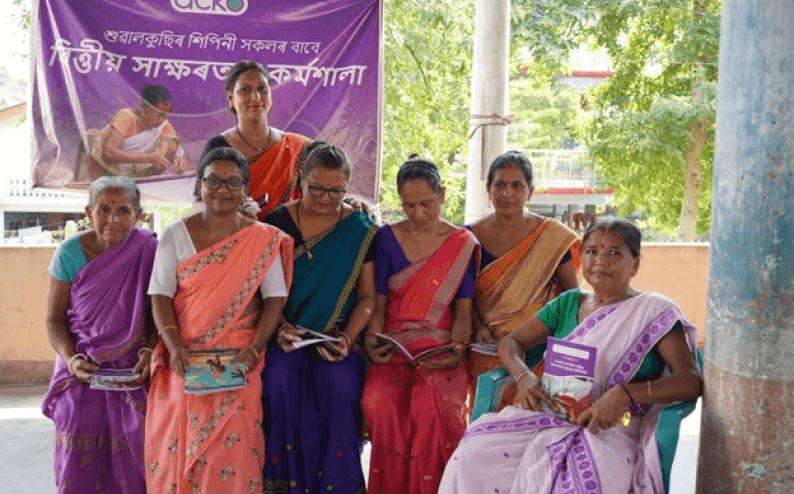
As India’s manufacturing sector scales to meet global demand, inclusive and responsible value chains are essential for long-term resilience. NIIF PMF I-backed portfolio companies, Parsons demonstrate how purpose-led mid-scale enterprises can combine social equity with operational excellence.
At its Bangalore facility Parsons has built a production ecosystem where women form the backbone of day-to-day operations. Their contributions go beyond the shop floor; many take on supervisory and quality roles, enabled by sustained training and skill development programmes. This commitment to empowerment earned Parsons the Women Empowerment Award from the Karnataka Government.
Parsons’ Bangalore unit was also recognised at the “Food Safety Awards” hosted by CII–Food and Agriculture Centre of Excellence (FACE) for excellence in food safety practices. The recognition was based on a detailed food safety maturity assessment model evaluating areas such as change management, food safety management including Hazard Analysis and Critical Control Point (HACCP), product-specific practices like Good Manufacturing Practice (GMP), Good Warehousing Practice (GWP), Good Hygiene Practice (GHP), and adherence to social, statutory, and regulatory compliance.
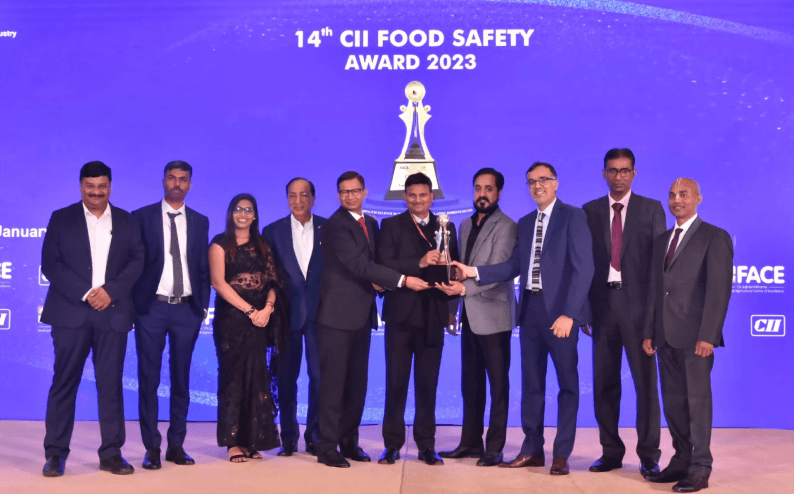
HDFC Capital Affordable Real Estate 2 (HCARE-2), backed by NIIF PMF I, integrates green building standards, energy efficiency measures, and waste management systems, to lower long-term living costs for residents and reduce environmental impact. Projects also incorporate climate-resilient features, including flood-resistant and heat-adaptive designs, strengthening community resilience amid rapid urban growth and a changing climate.
By FY 2025, HCARE-2 had facilitated the development of about 74,000 affordable and mid-income housing units across five urban centres, benefitting over 300,000 individuals. More than 46,000 of these units have been sold under the Low-Income Group (LIG) and Economically Weaker Sections (EWS) government schemes

IntelliSmart inaugurated India’s first Centre of Excellence dedicated to smart metering in Dadri, Uttar Pradesh. The centre provides free training to youth from across the country, enabling access to employment opportunities in smart metering. The curriculum has been designed to tackle the shortage of skilled talent in the smart metering industry and address the technical complexity and high-risk nature of DT meter installation.
The centre aims to support the government’s target of installing 250 million smart meters within 24 months by serving as a national hub for job-linked training in digital energy infrastructure. It will continue to train youth and technicians, especially in states like Uttar Pradesh, Gujarat, Assam, Bihar, and other project regions, helping build a future-ready workforce for India’s evolving energy landscape.
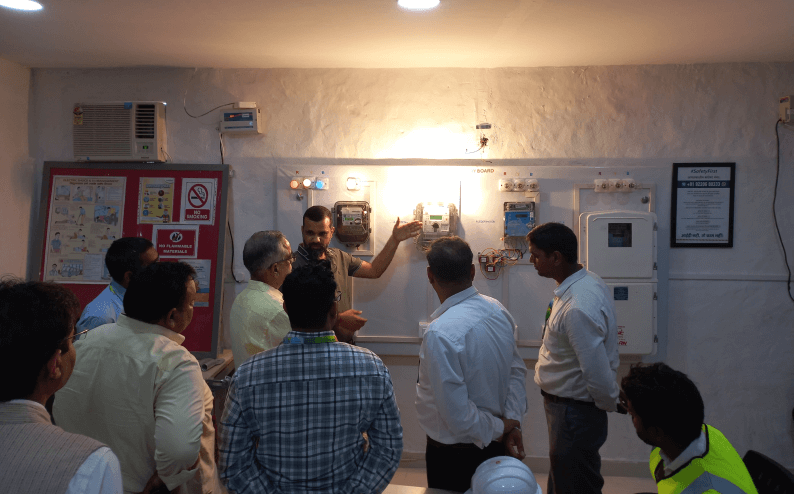
Across rural India, women’s economic empowerment often depends on access to capital and financial opportunity. Backed by NIIF’s investment via Multiples, Svatantra Microfinance is enabling that access at scale, supporting nearly 2.1 million women entrepreneurs, 87% of whom are from rural and remote communities.
Founded on the belief that microcredit can catalyse macro change, Svatantra’s model advances financial inclusion and gender equity by providing unsecured, small-ticket loans to women—many of them first-time borrowers—for activities such as livestock rearing, homebased enterprises, small retail and service ventures. Women beneficiaries have now become key income earners, often leading household decisions and reinvesting in education and family well-being. Svatantra also promotes group lending models that foster solidarity and financial discipline among women, especially in low-literacy environments.
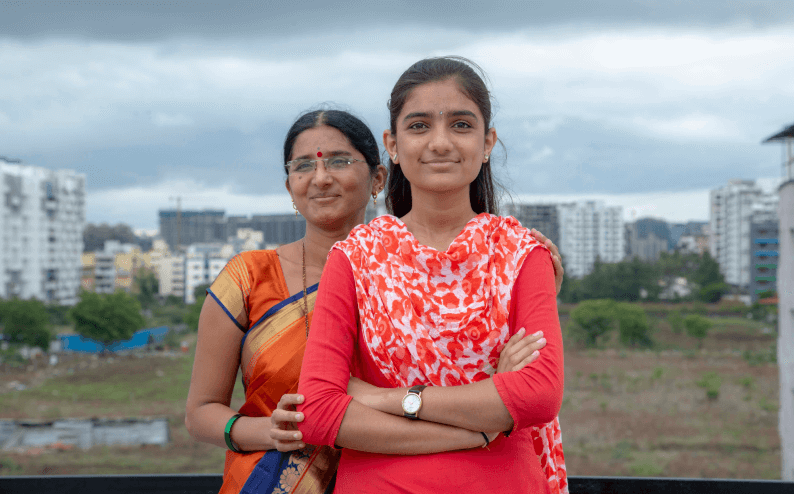





A social enterprise working to make welfare schemes more accessible to citizens by creating a multi-state, multi-lingual, cloud-based, mobile technology platform that helps citizens discover, apply for, and benefit from, various Government and private schemes that they qualify for.
We have completed two programs that have provided screening, application support and physical monitoring for 700 households in Dichpally, Telangana and 3419 households in rural Thane and Pune, Maharashtra. Both the programs have provided them with much needed relief during COVID-19.

An NSDC affiliated skill development organization with the aim to empower the unemployed youth with the knowledge and skills required by the industry.
We are currently training 135 women in the age group of 18 – 40 years in areas of New Delhi to become General Duty Assistants(GDA) in the Healthcare Sector. This program aims to cater to the high demand for hospital staff that has been created especially during the pandemic and to provide placements and a sustainable livelihood opportunity to these candidates.
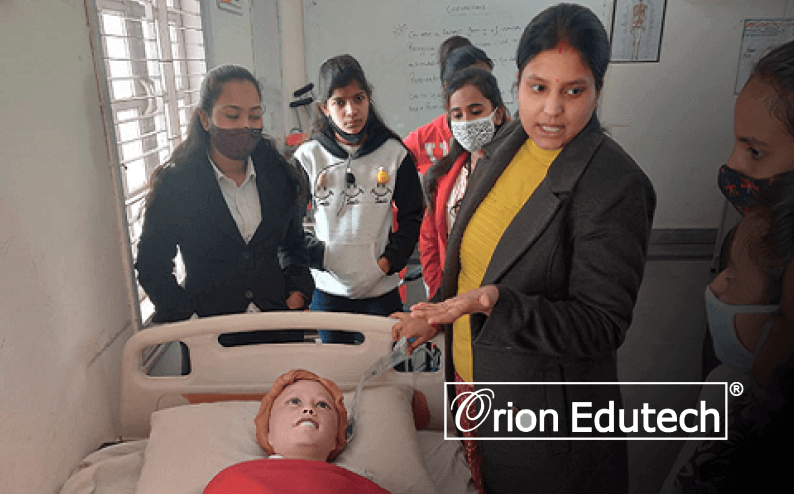
A collective of subject matter experts, designers, and technologists - all tirelessly striving towards empowering people to become agents of their own health outcomes and wellbeing by equipping them with the necessary skills.
We are targeting specifically vulnerable women to provide quality training and digital support during pregnancy to mitigate gender impact of COVID-19. Through Noorahealth’s Care Companion Program, we are training more than 9000 healthcare workers and patients in rural Karnataka. This will lead to enhanced health outcomes such as reduced post-discharge complications, reduced re-hospitalization rates for mothers and improved efficiency of nurses working in the maternity centers.
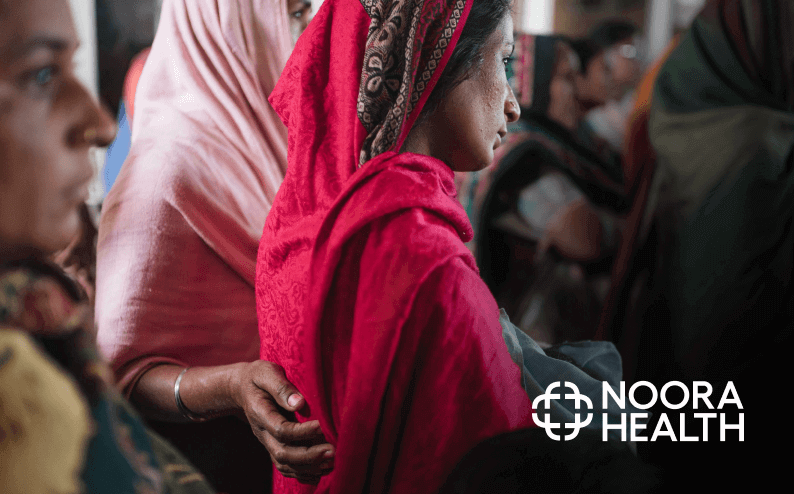
The Centre for Cellular and Molecular Platforms (C-CAMP) is an initiative supported by the Department of Biotechnology, Government of India to act as a catalyst of cutting-edge research and innovation in the field of life sciences since 2009.
We are focused on developing a healthcare manual for strengthening the healthcare workers’ capacity to deliver timely vaccinations on a large-scale using Information, Education and Communication (IEC) tools in order to facilitate future routine immunization efforts pan-India. This program will play an important role in supporting information dissemination to the most vulnerable populations in the low-income districts of Karnataka and Maharashtra. It will also address post-vaccination adverse events and re-infections, by enabling the creation of a trained health workforce.
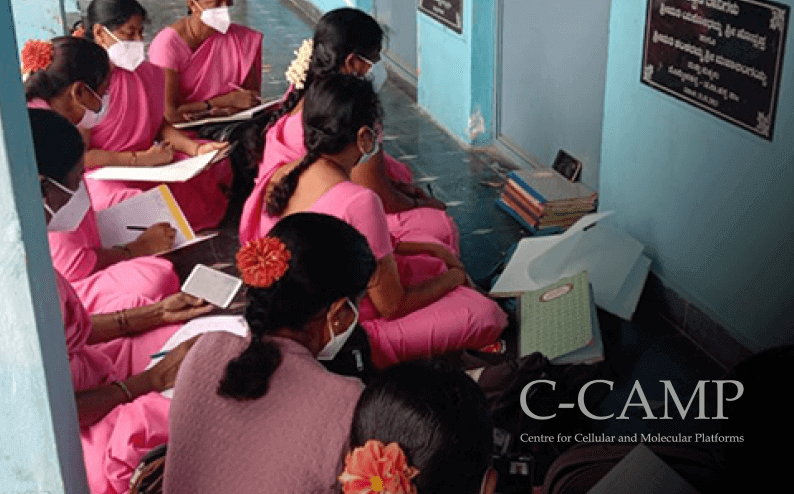
A social tech company that was incubated out of IIT Delhi with the intent of reversing the flow of information to make it bottom-up instead of top-down. Using simple technologies and social context to design tools, they have been able to impact more than 2.5 million beneficiaries across South Asia and Africa.
We aim to provide an end-to-end offering to support the ongoing community engagement for the COVID-19 vaccination drive through a suite of innovative technologies developed in-house by Gram Vaani and IIT. This will increase the availability of actionable information on vaccinations at the last mile, strengthening coverage, timeliness, quality, and equity of the immunization drive for areas with low literacy, low tech penetration and low socio-economic backgrounds.
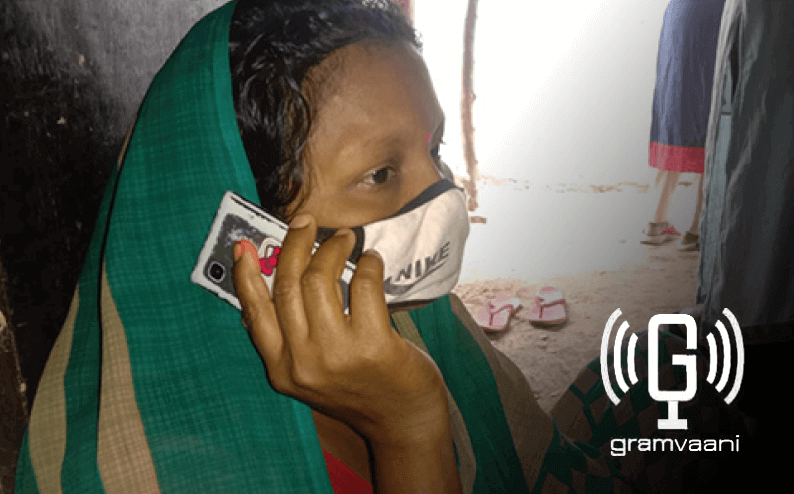
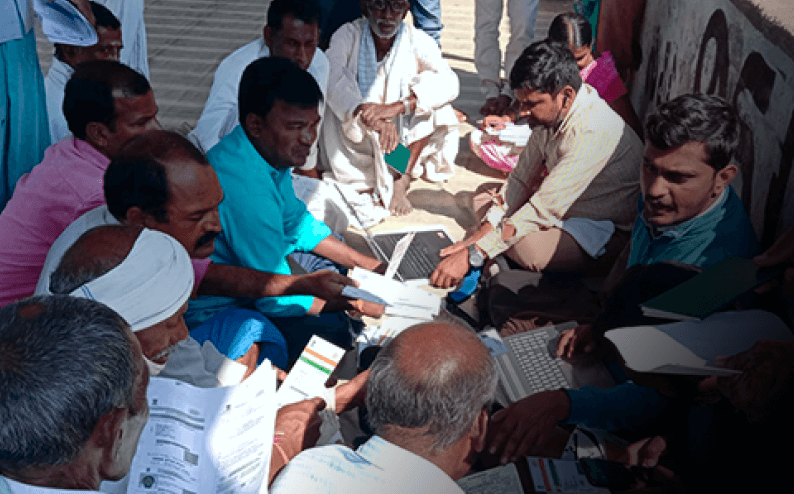
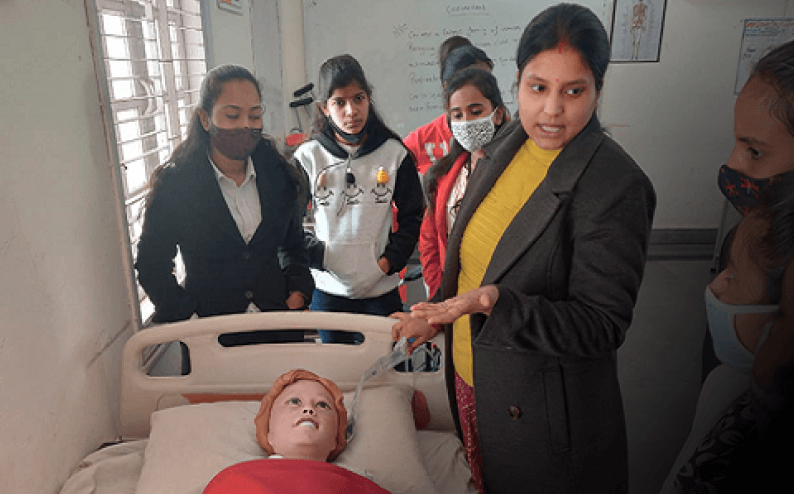
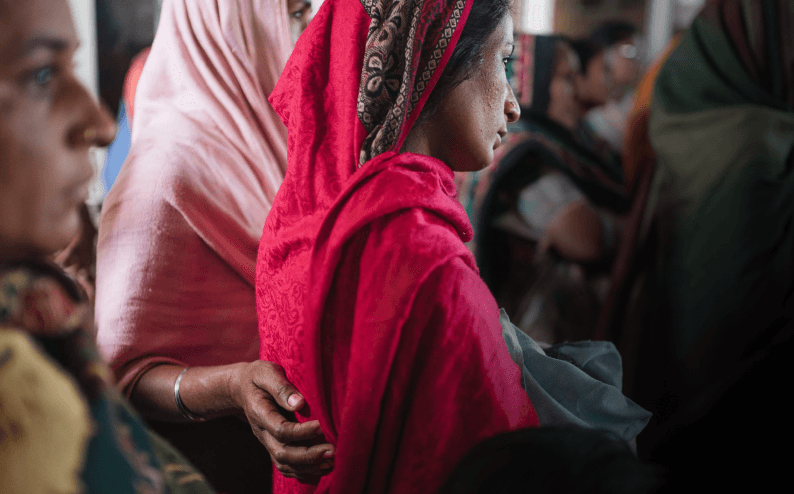
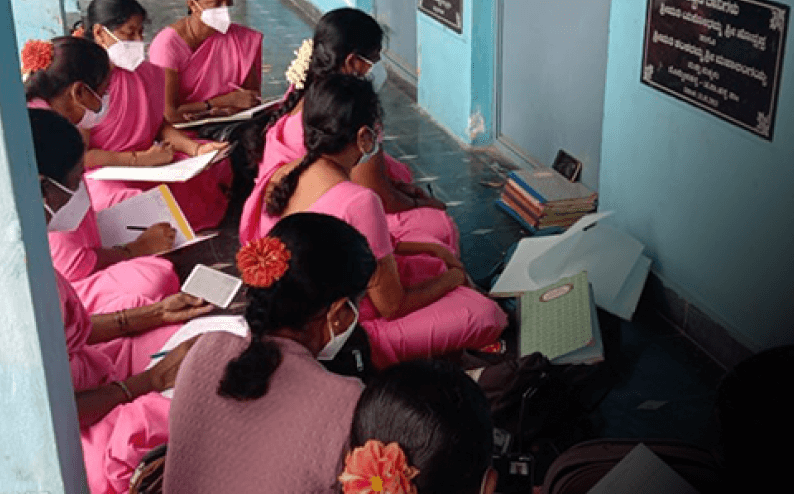
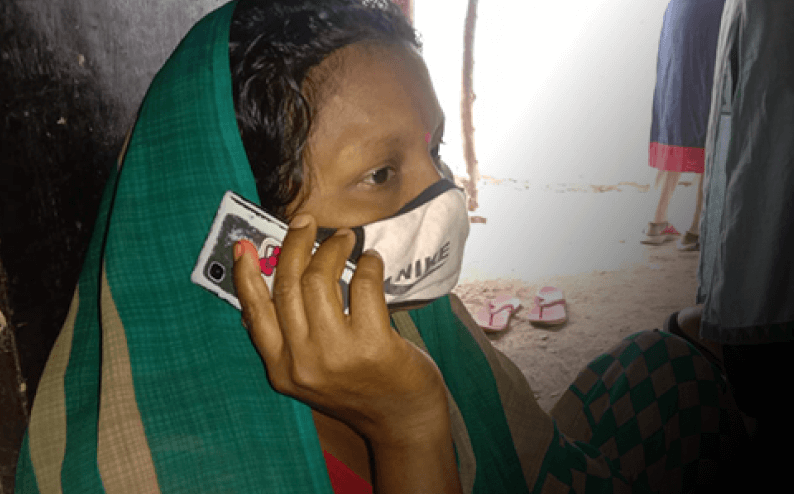
NIIF colleagues engaged in a tree plantation drive at Bandra Kurla Complex Garden organised by Dr. Mukherjee of Green Mission on January 9, 2020. Many enthusiastic employees met in the morning and got to work on planting saplings of different sizes, after a demonstration by Dr. Mukherjee.
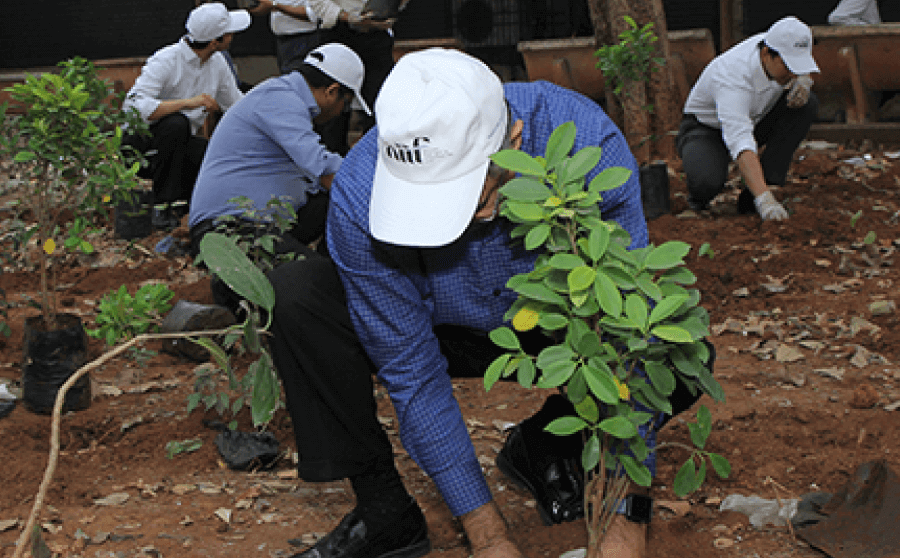
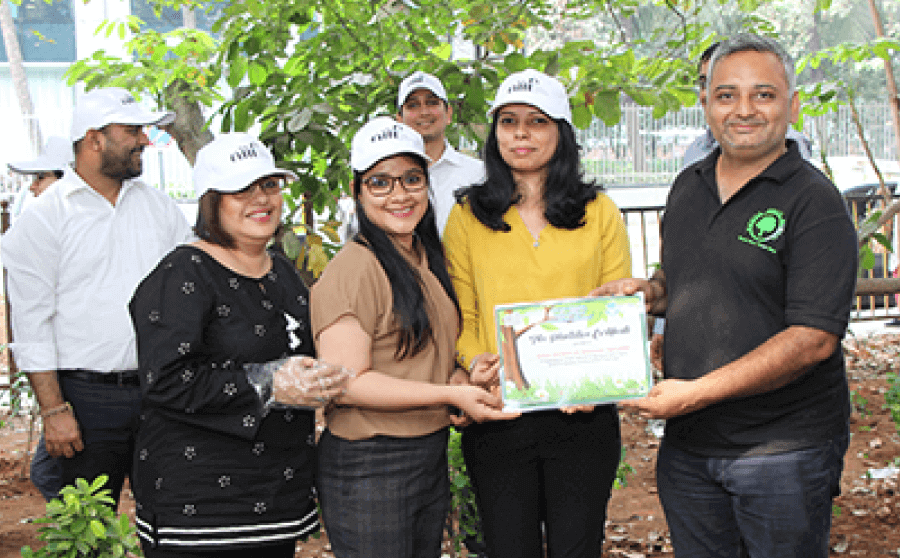
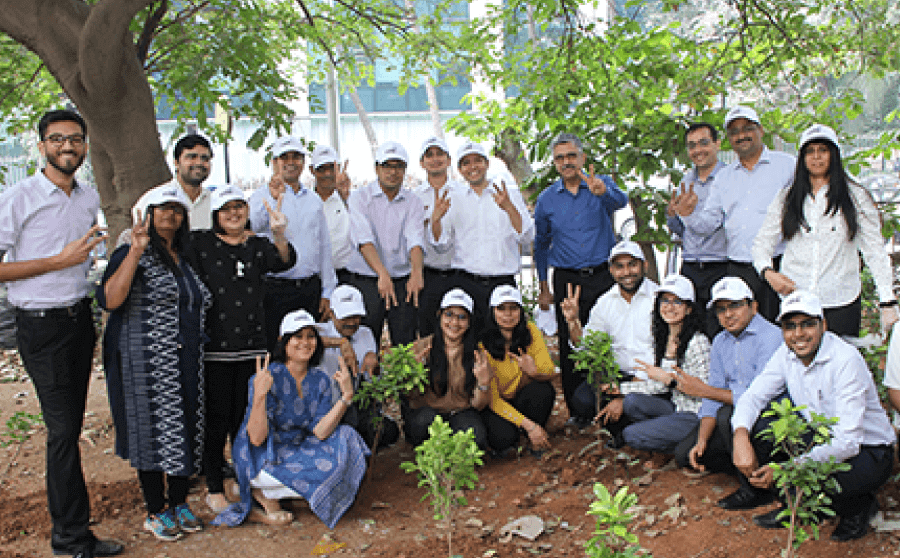














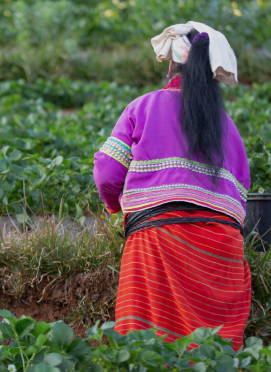

 Learn More
Learn More


